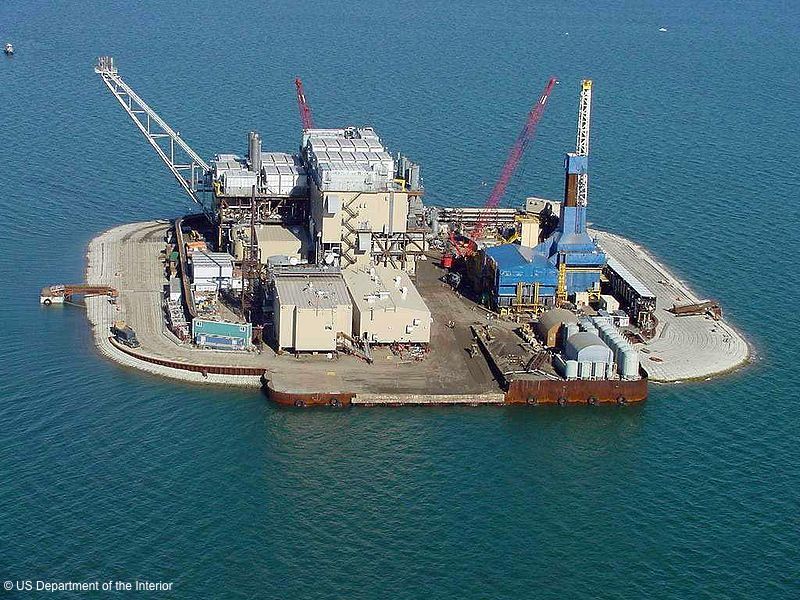The ‘Arctic: Territory of Dialogue’ International Arctic Forum (to be held on March 29–30 in Arkhangelsk), will bring together experts in many different fields from around the world, including ecologists. One of the most anticipated discussions will take place at the roundtable entitled ‘The Arctic: Territory of Ecology’, and will cover corporate social responsibility in the Arctic and how to predict and mitigate the potential environmental impact of business activities.

The Arctic regions are extremely vulnerable to any human impact. One of brightest examples are Caterpillar tractor tracks remaining visible in the Arctic soil for more than a hundred years. Because of the huge influence on the Earth's ecosystem, the Arctic region and the Arctic Ocean need to be monitored by scientists and conservation experts, as well as by technologists of the companies seeking to extract raw materials from the Arctic.
“The region is warming around 2.5 to 3 times faster than the rest of the planet. It must be taken into account with any interference in the Arctic ecosystem", Professor Boris Porfiriev, Doctor of Economics, Corresponding Member of the Russian Academy of Sciences, and Deputy Director of the Institute of Economic Forecasting at the Russian Academy of Sciences, says.
"A company coming with serious intentions and for a long time needs to remember that practically this will be their home. They will be engaged in natural resources exploitation, and even simple common sense says that it needs to comply with standards, otherwise exploiting of the natural resources will no longer be possible after a while".
"However, some behave differently: they come, squeeze everything they can out of the region over a year or two, and then go, leaving a trail of devastation behind them. Only recently, since the government and President Putin himself have started taking an interest, have things started to improve. Today, Franz Josef Land has been cleaned up, but plenty remains to be done elsewhere"
"The length of time to be spent by a company in the Arctic should be prescribed by law. This should be quite substantial, so that people understand that they need to take care of their environment as they will be living and working here for more than just a year or two. On the other hand, there needs to be strict environmental monitoring"
"Incidentally, the military, which has a constant presence in the Arctic, have recently been building camps that are very environmentally friendly. These may serve as an example of environmental compatibility".
Porfiriev has also mentioned oil extraction from Prirazlomnoye field. "We would go further, but as yet no one – neither Russia, nor any other country – has completely safe technology. There is much work still to do". The second problem with oil extraction is purely economic: "With the oil prices as they are, oil and gas extraction on the shelf is not cost-effective. The issue is being shelved indefinitely. In a sense, we have moved away from the idea of developing the shelf".
"When discussing the Northern Sea Route and the potential pollution resulting from oil transportation and/or bunkering, people need to understand that while the risk, of course, is not zero, it is minimal – suitable approaches and procedures have long been established"
The NSR’s environmental impact is a question of freight traffic, not bunkering. "Today, the NSR’s cargo flow is many times – orders of magnitude – less than the Suez Canal’s. Even in the long term, this situation is unlikely to improve. The constant ice pilotage requires different navigation equipment. The ports need to be deep-water ports; so far, we have managed to achieve this only at Sabetta, on the Ob estuary".
"In addition, it would be wrong to imagine that the problem of sea ice will completely go away with global warming. Pack ice may no longer be such a problem, but small icebergs and large ice floes are. Some experts believe that stray icebergs and ice floes may cause greater problems in terms of threats to the environment than shorefast ice".
The volume of cargo traffic on the NSR cannot be increased to achieve competitiveness with the Suez Canal without an appropriate level of environmental protection. "For the moment, we need the NSR to transport domestic, Russian cargoes and in the long term. It is still too early to talk about increasing cargo flow several-fold.”
